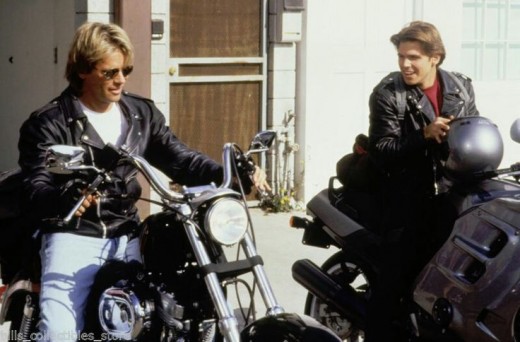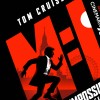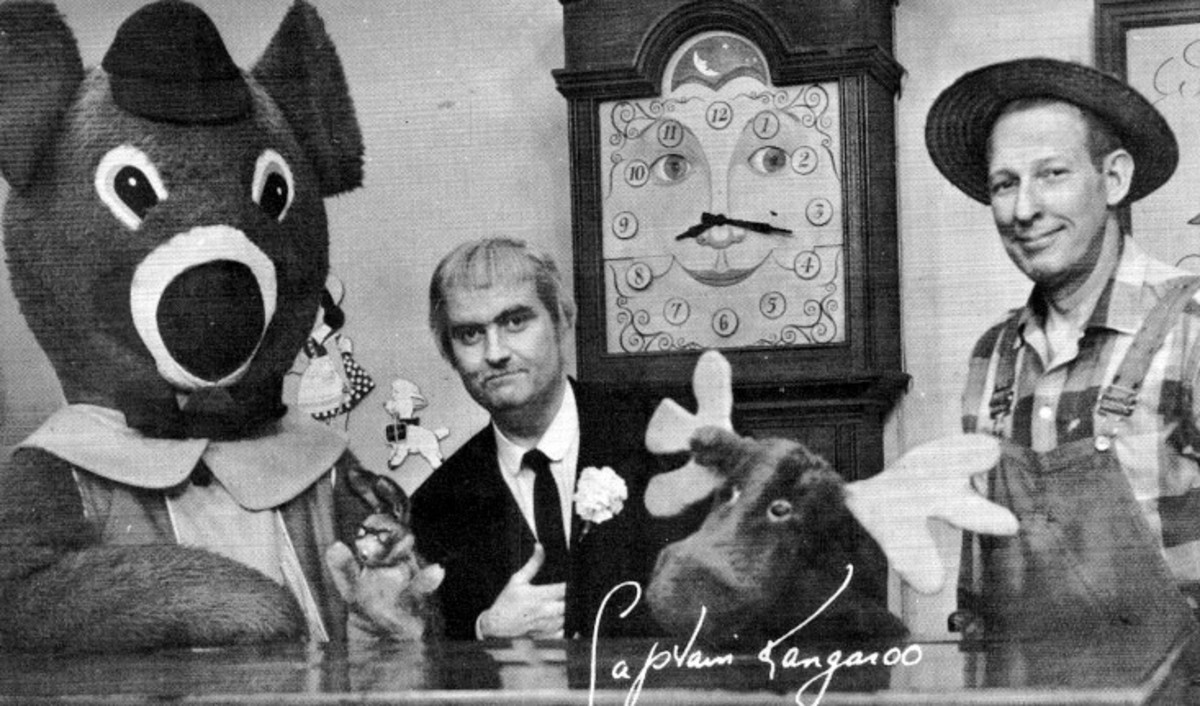MacGyver at 40: How a TV Character Made Creativity Cool

September 29, 1985: The Introduction Of A Unique Icon
When MacGyver premiered on September 29, 1985, the audience soon realized they were watching a completely different action hero. At a time when action heroes were wielding guns and relying on brute strength, MacGyver stood out. He utilized ingenuity, scientific knowledge, and quick creativity to overcome challenges, often armed with a paper clip and a Swiss Army knife. Because of this, MacGyver redefined what it meant to be a hero, proving that intelligence can just be as powerful as strength.
Decades later, the legacy of MacGyver remains strong. The show not only fascinated millions but also inspired viewers to value problem - solving, creativity, and resourcefulness ---qualities that resonate in life, not just in a TV show.
Interesting Facts About MacGyver
The show is filled with fascinating behind-the-scenes facts that will surprise fans. According to an article on Mental Floss, MacGyver's first name was not revealed until the show's seventh and final season. Originally, his first name was Stacey and Paramount even had a promotional flyer referring to MacGyver's full name. Nevertheless, the idea was erased so Mac's first name remained a mystery until seven years later.
MacGyver's anti-gun policy attracted backlash from the National Rifle Association (NRA). Co-executive producer Steven Downing said in an interview with The Los Angeles Times that the NRA encouraged viewers to boycott the show and its sponsors. Despite this outcry, the show runners stood by their decision, helping MacGyver stand apart from the gun-wielding action heroes of the 1980s..
The show's iconic "MacGyverisms" were developed with help from John Kiovula, a gemologist at CalTech with knowledge of physics and chemistry. When ABC greenlit the series, Kiovula was hired as the scientific consultant. To ensure safety, steps to any fatal process was removed so that viewers could not try and replicate Mac's inventions in real-life.
Another interesting, albeit humorous, fact is that MacGyver was not allowed to have a long-term relationship. Whenever a love interest was introduced, some viewers complained that the show was copying Moonlighting (that show came out the same year as MacGyver). Because of this, Mac's romances did not last very long, keeping the focus solely on his adventures, not on his love life.
Why The Show Ended After Seven Seasons
According to an article on Looper, the reason MacGyver ended after seven seasons wasn't due to the declining ratings. It was because the show had simply ran its course. In a 1997 interview with TV Guide, Richard Dean Anderson explained that everyone, including himself, was ready to move on to other projects. He also mentioned that the demands of the role took a toll on him over the years.
In my opinion, had the show ran for more seasons, there could have been so many interesting storylines. One could have been MacGyver assigned by the Phoenix Foundation on a mission to Japan or South Korea. It would have been quite interesting to see how MacGyver's ingenuity could be adapted to new cultures and challenges.
Another possibility had the show ran longer would be a crossover episode with Walker, Texas Ranger . It would have been exciting to see Cordell Walker and MacGyver taking on bad guys together -- two heroes with different approaches, potentially causing some tension but complementing each other in classic '90's fashion.

How Does The Reboot Compare To The Original?
In September of 2016, the reboot of MacGyver premiered and it starred a younger version of Angus MacGyver, played by Lucas Till ( known for Havok in the newer X-Men movies). This modern-day take came with a full team, including a tech savvy hacker, and high-tech missions. I remember being excited when it first aired and even watched episodes with my younger brother, as we were both MacGyver fans at the time. However, after season three, I lost interest and never rewatched it as an adult.
One issue, in my opinion, is the reboot missed the essence of the character. By giving him a team, especially a hacker constantly there, it sometimes undermined MacGyver's problem solving skills. At times, it felt like he had been turned into an off-brand Ethan Hunt, with over-the-top stunts like dangling off a plane in the very first episode. Beyond that, the reboot often placed heavy emphasis on flashy action over the creativity that made the original unique.
Another factor was the age and experience. Lucas Till was in mid-twenties when he played the role whereas Richard Dean Anderson was 35 during the when the original series began. Anderson's maturity and calmness under pressure added credibility to MacGyver's resourcefulness and intelligence, whereas Till's portrayal comes across as less seasoned.
Additionaly, behind-the-scenes problems contributed to the reboot's end. According to an article on Entertainment Weekly , Lucas Till explained that Peter Lenkov's toxic behavior made him suicidal and it affected him physically and mentally. Combined with low ratings, CBS decided not to continue the show beyond its fifth season.
Although the 2016 reboot tried to introduce the character to a new generation, it strayed far from the creative problem solver that was beloved by the original fan base in 1985

The Flaws Of The Series
Although the series is highly regarded, there are times when it noticeably gone downhill. The later seasons, in particular, preachy with its "moral lesson of the week" approach.
A good example of this would have to be the season 6 episode Twenty Questions where MacGyver deals with a daughter of a billionaire fallen in the wrong crowd. While the lesson may be well-intentioned, it sometimes overshadows the action and adventure aspect that the show is known for -- those moments where MacGyver had to rely on his creativity to escape dangerous situations.
Another flaw would have to be lack of MacGyverisms in the later seasons. Those innovative gimmicks were a core part of the shows charm, and when episodes reduced them in favor of adding drama, it took away some of the magic that made MacGyver stand out to.
Not just that, at times the plot lines have gotten repetitive. For example, MacGyver loses his memory in both Season 2 Episode 21 D.O.A. MacGyver and Season 6 Episode 19 Strictly Business. Reusing scenarios like that made the episodes feel predictable and less exciting.
Conclusion: MacGyver's Enduring Legacy
MacGyver has left a lasting mark on pop culture. In fact, the word "MacGyver" has even entered the English language, meaning to create a innovative solution using whatever items are available. The show has been referenced in other movies and TV shows. For example, on The Simpsons, MacGyver was often the object of Patty and Selma's obsession, to the point where they kidnap Richard Dean Anderson!
The series also inspired the 2010 parody movie titled MacGruber, based on a Saturday Night Live sketch starring Will Forte, Kristen Wiig, Ryan Philippe, and Val Kilmer as the bad guy. These examples show how MacGyver's ingenuity have affected pop culture over time.
However, the show's influence hasn't always been positive.Some fans have tried to replicate some of MacGyver's contraptions with fatal results. According to a 2013 article on NPR, 134 cases of chemical bombs causing incidents in 15 states from 2003-2011 and it caused injuries such as burns, irritated skin, and wounds.
In one terrifying case, a high school janitor found a group of students creating a bomb with calcium hypochlorite, which emitted chlorine gas. Consequently, the janitor became sick and vomitted, and 12 students along with three staff members had to be treated for respiratory problems.
Another incident involved a man who picked up an innocent-looking bottle in his backyard and it exploded. It caused chemical burns and wounds to his hand.
While MacGyver did make creativity look awesome, these incidents serve as a reminder that trying to imitate things, especially stunts, from television or movies can be extremely dangerous. Copying these feats in real life can not only be foolish, but also get one in trouble with the authorities
Few other shows have had such a lasting impact on both pop culture and everyday language, making MacGyver truly one of a kind.
Which MacGyver tool was most iconic?
This content reflects the personal opinions of the author. It is accurate and true to the best of the author’s knowledge and should not be substituted for impartial fact or advice in legal, political, or personal matters.
© 2025 JirehLovesMovies








